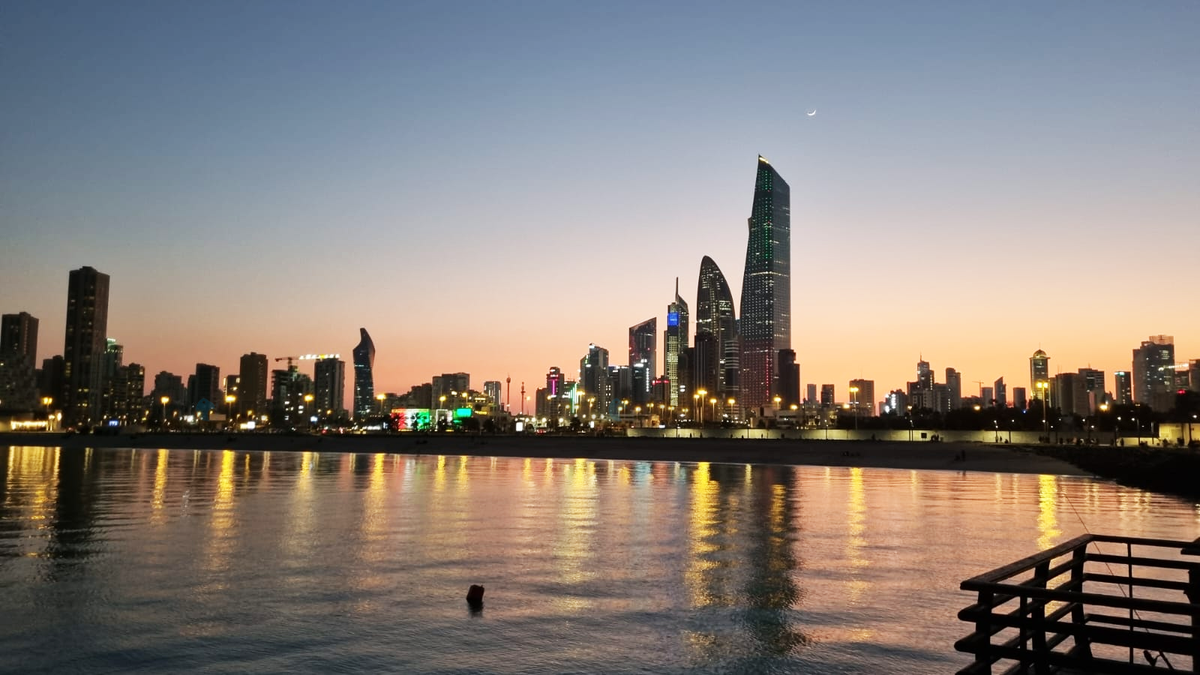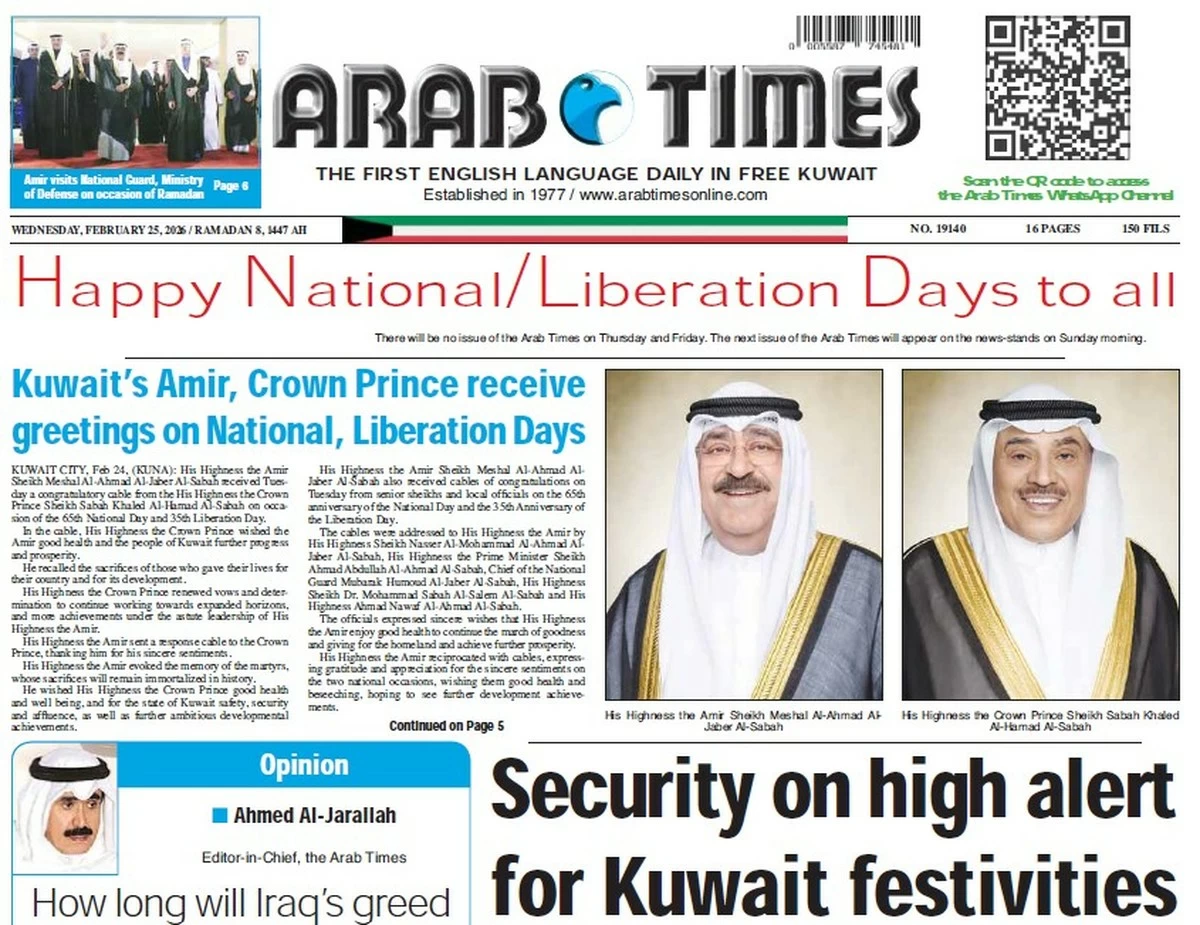30/10/2025
30/10/2025

Achieving a balance between attracting foreign investors and protecting citizens’ interests requires an effective real estate authority to regulate the market, implement fair mechanisms, and ensure the rights of all parties as well as organize the relationship between investment and housing development. Offering a ten-year residency permit to foreigners who purchase property or residential units would be a strong incentive to attract investors, as this approach has already proven successful in other Gulf countries such as Saudi Arabia and Qatar. Kuwait needs a comprehensive review of its real estate laws, including amendments to allow foreign ownership under specific regulations, while taking lessons from Gulf experiences, particularly the UAE.
The main challenge lies in the complexity of current real estate laws, which hinders the attraction of foreign investors, despite a substantial segment of expatriates and business people ready to invest in property, and who already form the economic backbone of many important sectors in Kuwait. Al-Dousari indicated that opening the market to foreign ownership could help revitalize the local real estate sector and boost transaction volumes, but it could also raise concerns about potential price increases and their impact on citizens with limited incomes.
Real estate developer Khaled Behbehani emphasized that legislative differences among Gulf countries regarding foreign property ownership have become increasingly pronounced in recent years. He explained that Qatar has emerged as the fastest and most transparent, allowing foreigners freehold ownership in designated areas and granting residency and official title deeds within days, provided they invest at least $200,000. Saudi Arabia has also made major progress by enacting a foreign ownership law in 2025, permitting ownership in specific, carefully regulated areas while excluding Mecca and Medina from direct ownership. Behbehani went on to explain that Kuwait’s recent legislative reforms are a positive step in the right direction but are still insufficient to attract significant investment compared to its neighbors.
Allowing foreigners to own limited properties within regulated quotas, for example, residential units ranging from 120 to 200 square meters, linked to a 15-year residency permit, would benefit the Kuwaiti economy. Such a policy would attract residents likely to spend their income locally, boosting the service and consumer sectors, especially if accompanied by measures to prevent speculation and ensure housing priority for citizens. Behbehani called for the allocation of specific areas for foreign ownership and linking property ownership to residency permits under specific conditions, similar to Qatar’s model. He proposed creating a unified digital real estate registry to facilitate procedures and enable transactions to be completed within days. To balance attracting investment with protecting citizens, Behbehani recommended setting maximum quotas and designated areas for foreign ownership, imposing minimum holding periods before resale, and applying fees on quick-sale transactions. He also suggested allocating a portion of proceeds from foreign ownership to support citizens’ housing funds, and limiting foreign ownership to investment and commercial properties, excluding private residential areas.
Real estate researcher Abdulrahman Al-Hussainan stressed that allowing foreigners to own property in Kuwait is a sound economic strategy aimed at attracting foreign investment and stimulating the economy. He explained that such a move would help revitalize stagnant economic sectors, as has been observed in several other Gulf countries. Foreign ownership extends beyond investment benefits, as it positively impacts social and economic spheres by increasing consumption and supporting the education and services sectors. Enabling expatriates to own property would strengthen Kuwait’s standing in the real estate market, but it must be limited to investment and commercial areas to protect the privacy of citizens’ residential areas and prevent speculation.
The UAE is one of the most successful Gulf models, having opened the door to foreign ownership in 2008, which directly fueled the economic boom in Dubai, Sharjah, Ajman, and Ras Al Khaimah. The UAE established clear regulations for foreign ownership, linking benefits to the investment value of the property, which helped create an attractive and sustainable real estate market. Saudi Arabia adopted a similar approach under its Vision 2030, not only implementing the model but also enhancing it with additional incentives to encourage real estate ownership and investment.
Al-Hussainan also highlighted experiences in Bahrain, Oman, and Qatar, noting that Bahrain successfully leveraged its strategic location and tourist attractions along the Arabian Gulf and Strait of Hormuz to attract foreigners seeking to settle in an open environment. Many residents who previously lived in Saudi Arabia moved to Bahrain and acquired properties there, contributing significantly to the growth of the Bahraini economy.
Challenges to Foreign Real Estate Ownership:
1. Absence of an independent real estate authority to regulate the market and ensure fairness between citizens and investors.
2. The complexity of current laws and the multiplicity of regulatory bodies which slows down investment procedures.
3. Concerns over rising property prices and their impact on citizens’ ability to own property.
4. Lack of transparency and oversight, potentially opening the door to speculation and monopolies.
5. Legal complexities related to inheritance and the transfer of ownership to foreigners after death. Real estate legal consultant Iman Al-Hashash emphasized that foreign ownership of real estate is no longer just a legal issue, but has become a strategic matter where economic interests intersect with social and sovereign dimensions.
She explained that each Gulf state has adopted an approach reflecting its unique economic and social identity. Qatar has implemented a model of rapid liberalization, allowing foreign investors to own property in designated areas with a minimum value of $200,000. Saudi Arabia enacted a law permitting non-Saudi individuals and companies to own real estate in areas specified by royal decree, excluding Mecca and Medina. This approach is more conservative than Qatar’s but more open than Kuwait’s. Kuwait has taken a balanced approach, beginning with Law No. 74/1979, which restricted property ownership to citizens, followed by Law No. 1/2000, granting Gulf Cooperation Council (GCC) citizens the right to own property, and the 2004 amendment that removed the reciprocity requirement. This was further developed with Laws No. 7/2025 and 195/2025, allowing listed companies and real estate funds to own property under strict regulations.
Al-Hashash emphasized that private residential areas in Kuwait remain fully protected, striking a balance between attracting foreign capital and protecting citizens from price increases. She affirmed that Qatar provides a model of clear conditions and quick procedures, enhancing investment attractiveness, but stressed that effective oversight is necessary to prevent inflationary pressures, adding that opening up the real estate market carries sovereign and social implications that require careful regulation, as land ownership is closely tied to national sovereignty.
Advantages of opening up ownership:
1. Attracting new capital and revitalizing the real estate and investment markets.
2. Diversifying national income sources and reducing dependence on oil.
3. Stimulating urban development and improving the quality of real estate projects.
4. Creating indirect job opportunities in contracting, services, and operations sectors.
5. Enhancing Kuwait’s investment image and keeping pace with regional experiences in Saudi Arabia and Qatar.


